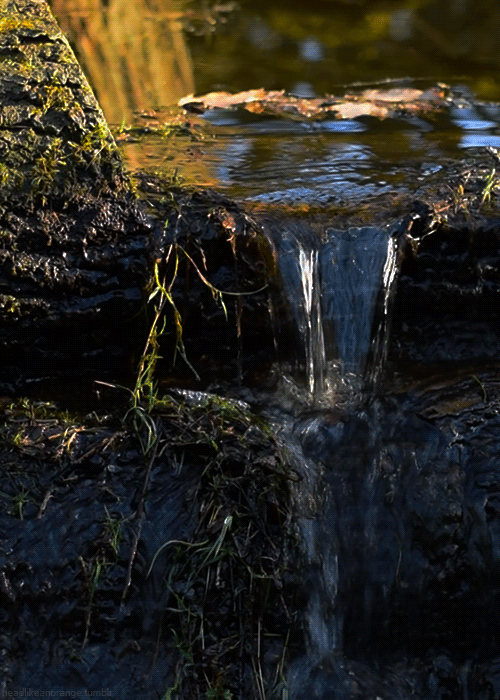Taking our reactions less seriously

With thanks to Just Dharma Quotes
A Very Subtle Obstacle

Maintaining a strong grip on the habits

Millions of people in this world are interested in some version of meditation, or yoga, or one of the many so-called spiritual activities that are now so widely marketed. A closer look at why people engage in these practices reveals an aim that has little to do with liberation from delusion, and everything do to with their desperation to escape busy, unhappy lives, and heartfelt longing for a healthy, stress-free, happy life. All of which are romantic illusions. So, where do we find the roots of these illusions? Mainly in our habitual patterns and their related actions. Of course, no one of sound mind imagines any of us would willingly live an illusion. But we are contrary beings, and even though we are convinced we would shun a life built on self-deception, we continue to maintain a strong grip on the habits that are the cause of countless delusions.
– Dzongsar Khyentse Rinpoche
from the book “Not for Happiness: A Guide to the So-Called Preliminary Practices”
Habit energy

With mindfulness, we can become aware of the habit energy that has been passed down to us. We might see that our parents or grandparents were also very weak in ways similar to us. We can be aware without judgment that our negative habits come from these ancestral roots. We can smile at our shortcomings, at our habit energy. With awareness, we have a choice; we can act another way. We can end the cycle of suffering right now.”
— Thích Nhất Hạnh
Be gentle in judging yourself

We should be quite gentle in judging ourselves and remember that the habits we are fighting against come from beginningless time and are very strong. So from time to time there will be some backsliding — though in the long run there is progress and improvement. Furthermore, remember that even having entered the gate of the Dharma, having the intention to reduce our disturbing emotions, or being concerned about disturbing emotions is amazing because most people involved in samsara never even think about this.
– Thrangu Rinpoche
from the book “Luminous Clarity: A Commentary on Karma Chagme’s Union of Mahamudra and Dzogchen”
With thanks to Just Dharma Quotes






Recent Comments